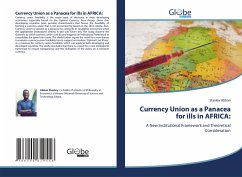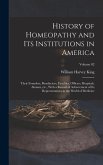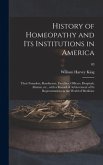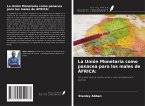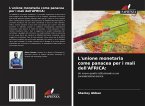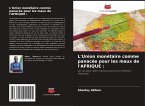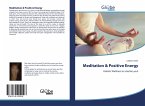Currency union feasibility is the major topic of discourse in most developing economies especially based on the Optimal Currency Area theory. Given this, developing countries have peculiar characteristics that favour the feasibility of forming a currency union that is not accounted for based on the OCA criteria. Also, Currency union is viewed as a panacea for curing ills in struggling economies when the appropriate institutional setting is laid out. Given this, the study showed the channels to which currency union curb ills and suggests an institutional framework to consolidate the gains from trade. The study further argues the need for a new theory to evaluate currency union feasibility hence suggest an intuition 'Optimal Cost Phase' as a measure for currency union feasibility which can apply to both developing and developed countries. The study concludes that there is a need for a new institutional framework to ensure transparency and the realization of the policy on a common cua common currency.
Bitte wählen Sie Ihr Anliegen aus.
Rechnungen
Retourenschein anfordern
Bestellstatus
Storno

